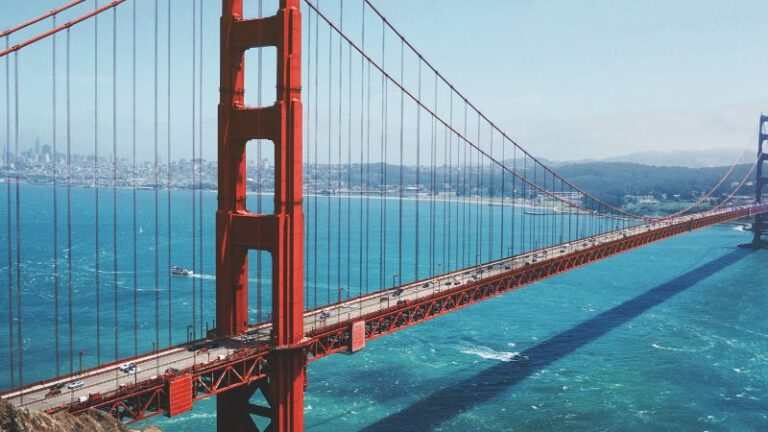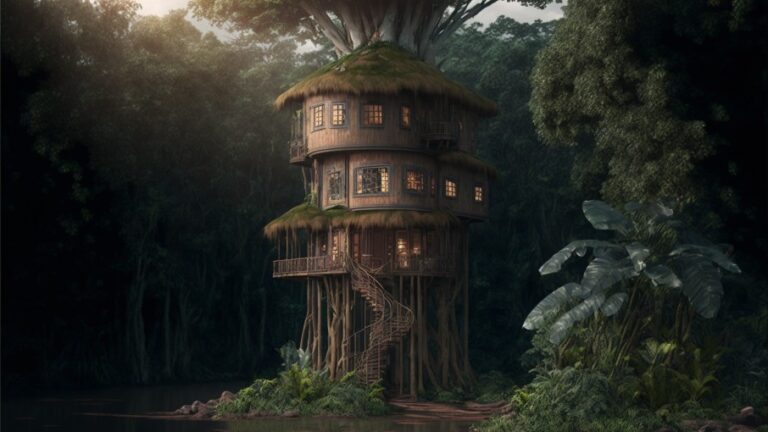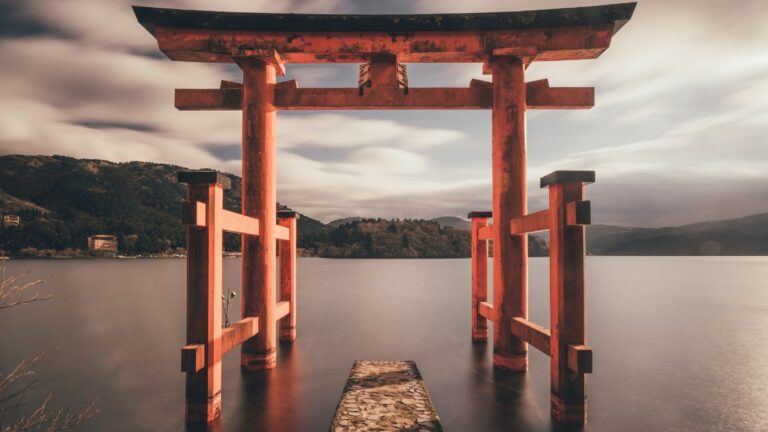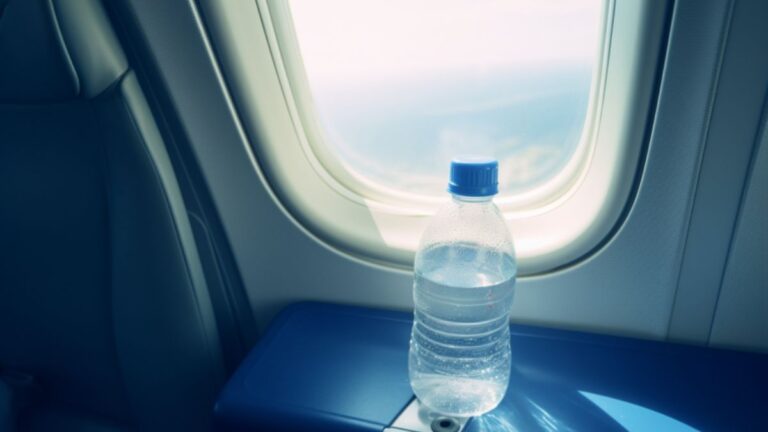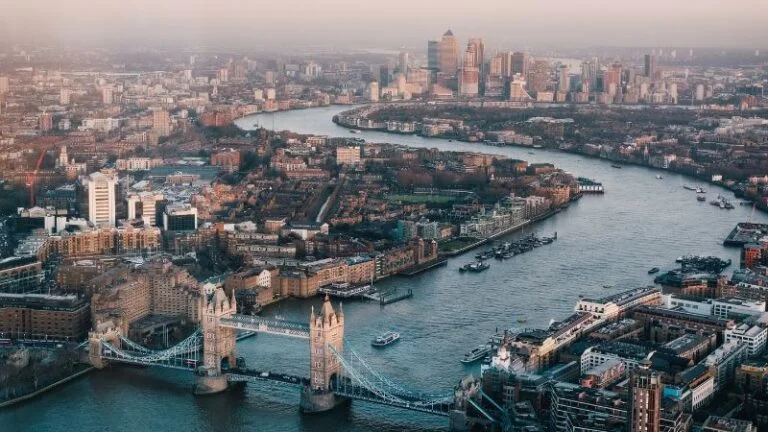5 Closest Countries to Hawaii (& How They Compare)
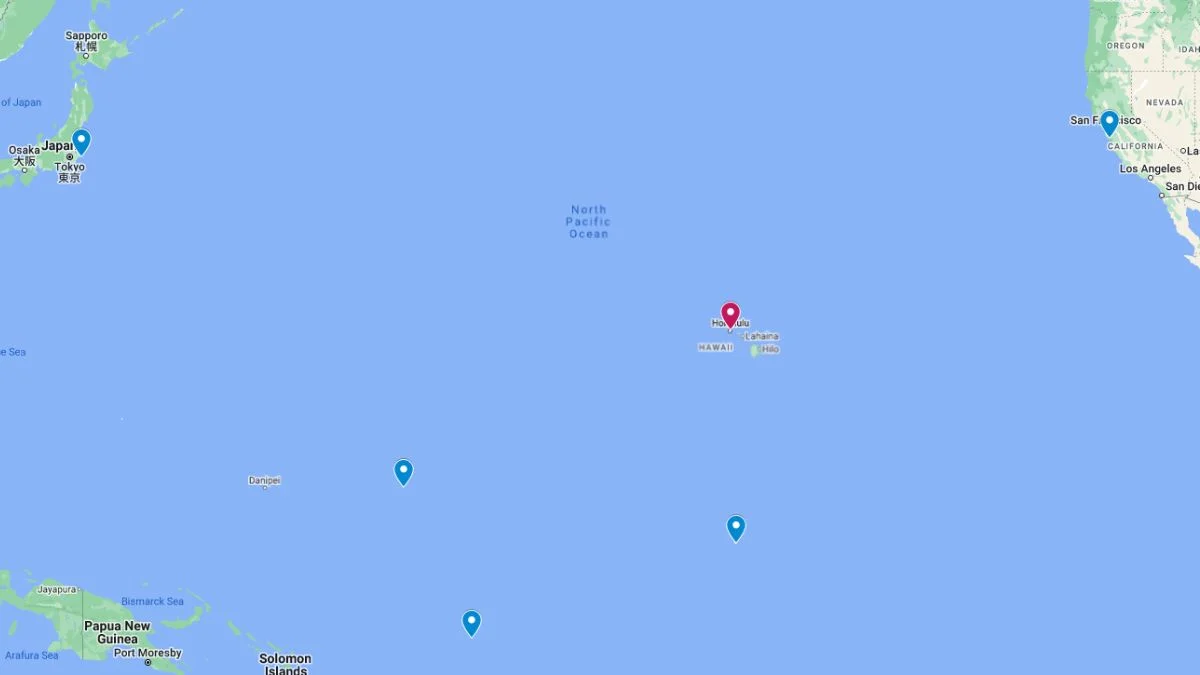
As participants in Amazon Associates and other programs, we earn from qualifying purchases. This comes at no additional cost to you. For more details, see our Affiliate Disclosure.
Hawaii, an idyllic archipelago nestled in the heart of the Pacific Ocean, stands as a crossroads between the Americas, Oceania, and Asia. Its unique position makes it a fascinating point of reference when considering its closest neighbors. As we delve into the proximity of these nations to Hawaii, we’ll also explore the intriguing ways in which they compare and contrast with this paradise of volcanoes, beaches, and unique culture.
Kiribati
Located to the south of Hawaii, Kiribati is approximately 1,650 miles away. This island nation consists of 33 atolls, with a culture steeped in traditions of the sea and navigation.
Its low elevation makes it vulnerable to rising sea levels, a concern that both Kiribati and Hawaii share. While Hawaii is mountainous with active volcanoes, Kiribati’s coral atolls offer a different, flat, and expansive seascape.
Both places, however, hold a deep reverence for the ocean and its integral role in their histories.
Marshall Islands
The Marshall Islands are about 2,300 miles to the west of Hawaii. As a collection of 29 coral atolls and five islands, the nation has a close relationship with the United States, having a Compact of Free Association.
Similar to Hawaii, the Marshall Islands boasts a rich marine biodiversity, making the ocean a central part of its culture and economy.
However, unlike the volcanic origins of Hawaii, the Marshall Islands’ beauty is derived from its sprawling coral formations and lagoons.
United States (mainland)
Hawaii is an integral part of the United States, with the vast expanse of the mainland lying approximately 2,400 miles to the east of Hawaii.
The diversity of the US landscape varies from the tropical beauty of Hawaii to the temperate climates and varied topography of the mainland. While the mainland boasts bustling cities, vast plains, and towering mountain ranges, Hawaii offers a unique blend of Polynesian culture and American influences.
The two, though miles apart, are interconnected by history, governance, and shared values.
Tuvalu
Tuvalu sits approximately 2,650 miles to the southwest of Hawaii. This Polynesian island country comprises nine coral atolls.
Much like Hawaii, Tuvalu is known for its vibrant Polynesian culture and traditions. Their shared love for the sea is evident in their daily lives and cultural practices.
Yet, Tuvalu’s existence is threatened by rising sea levels, giving both Hawaii and Tuvalu a shared concern and responsibility towards environmental preservation.
Japan
To the northwest of Hawaii lies Japan, roughly 3,850 miles away. Japan’s archipelago of four main islands contrasts with Hawaii’s tropical environment through its temperate climate and diverse seasons.
Both places, though, share a deep connection to the sea, with coastal cultures that celebrate the bounty and beauty of the ocean.
Japan’s rich history, technological advancements, and unique culture stand as both a contrast and a complement to the laid-back and nature-centric ethos of Hawaii.
What Are The Closest Islands To Hawaii?
When we refer to the closest islands to Hawaii, we’re stepping outside the well-known confines of the Hawaiian archipelago. The Hawaiian Islands, of course, cluster together in a chain that’s famous worldwide. But beyond this chain, the vast Pacific Ocean cradles other remote islands and atolls, each with its own unique story. Let’s delve into these lesser-known neighbors of Hawaii.
Johnston Atoll
Situated approximately 860 miles southwest of O’ahu, Johnston Atoll stands as a testament to both natural beauty and human intervention. Comprising four islands, this unincorporated U.S. territory was once a hub for military activities and even nuclear testing. Its strategic location made it a valuable asset during the Cold War.
Today, the atoll, after extensive environmental cleanup, is mostly a wildlife refuge, housing numerous bird species and offering a sanctuary for marine life. The resilience of nature here is palpable, as the atoll reclaims its space, slowly healing from past scars.
Palmyra Atoll
Sitting 1,105 miles south of Honolulu, Palmyra Atoll is a blend of pristine natural beauty and rich history. Made up of a collection of 50 islets, it spreads out over 16 square miles of lagoon and hosts a dizzying array of wildlife, especially marine species.
Once privately owned and later serving as a military outpost during World War II, today Palmyra is a nature reserve co-managed by the U.S. Fish and Wildlife Service and The Nature Conservancy. The atoll serves as a beacon for conservation and ecological studies, with researchers frequenting its shores.
Midway Atoll
About 1,150 miles northwest of O’ahu, Midway Atoll is a name deeply etched in history. The site of a pivotal battle during World War II, it became a turning point in the Pacific theater. Consisting of two significant islands, Sand and Eastern, and several smaller islets, Midway is not just a historical landmark but also an important sanctuary for wildlife.
It boasts the world’s largest colony of Laysan albatrosses. While the remnants of war still linger, the symphony of nesting birds and rustling palm trees showcases nature’s enduring spirit.
Marcus Island (Minami-Tori-shima)
Located around 1,550 miles west of Hawaii, Marcus Island, or Minami-Tori-shima as it’s known in Japanese, is the easternmost territory of Japan. This isolated coral atoll has been the subject of territorial disputes over the years, mainly due to its strategic position and potential undersea mineral deposits.
While its land area is small, its Exclusive Economic Zone is vast. The island serves multiple purposes, from weather observation to defense. But, beyond human endeavors, its remote location makes it a refuge for several seabird species, emphasizing the interconnectedness of geopolitics and ecology.
Wake Island
Venture about 2,300 miles west of Hawaii, and you’ll find Wake Island, a coral atoll in the western Pacific Ocean. Wake Island is a U.S. Air Force base with a complicated history. Annexed by the U.S. in 1899, its claim was primarily for its strategic location. The island saw intense military action during World War II and was occupied by Japanese forces.
Presently, it continues to serve military and aviation purposes. The island’s history is a meld of cultural intersections, military strategies, and the ever-present touch of nature’s beauty.

